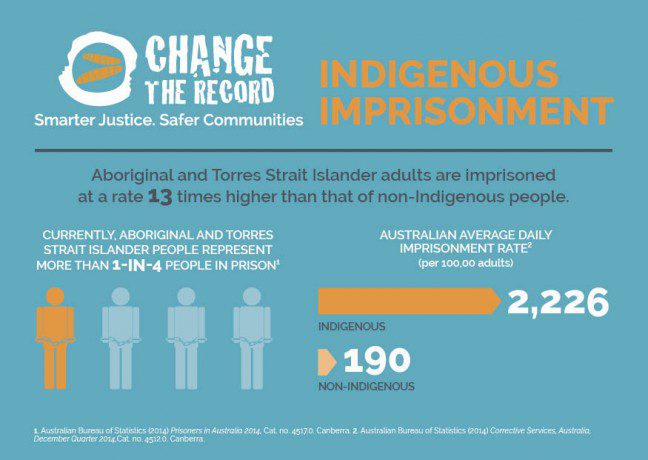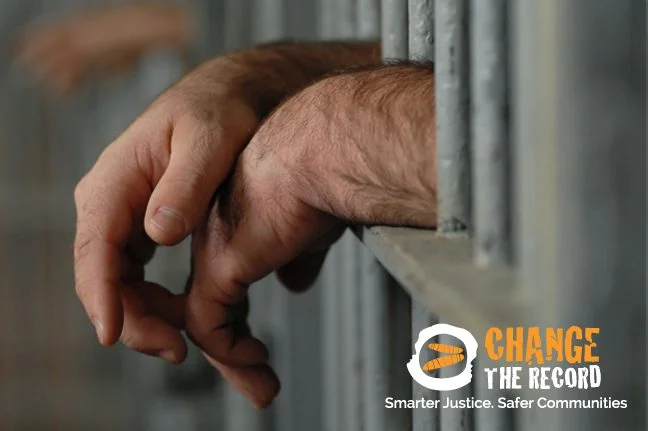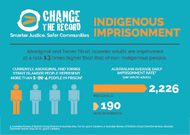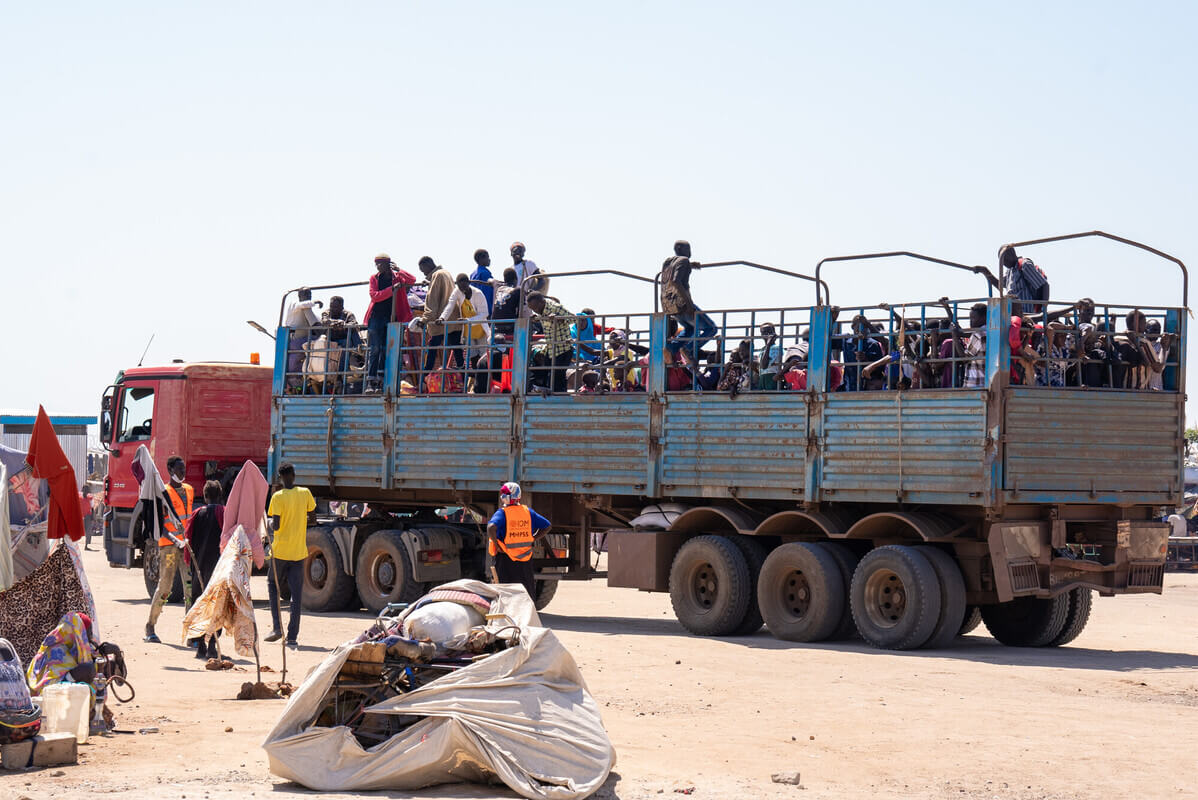It’s a shocking record – one that’s devastating lives and tearing communities apart.
Aboriginal and Torres Strait Islander people are 13 times more likely to be imprisoned than non-Indigenous people.
Arrente man Des Rogers’s story is an all-too-common one.
Imprisoned at the age of fourteen, Des was “thrown back into a world of hopelessness” and reoffended. He found himself locked up for four years, 1500km from his family and community.
While Des went on to turn his life around, many are unable to escape the cycle of reoffending and violence.
“Just locking people up is not the answer,” said Des.
“Just locking people up is not the answer”
We need to invest in early intervention, prevention and diversion strategies.
We have smarter solutions that increase safety, address the root causes of violence against women, cut reoffending and imprisonment rates, and build stronger and safer communities.
We just need to invest in them.
With rates of Aboriginal and Torres Strait Islander imprisonment and violence in communities at crisis point, it’s time to Change the Record.

Share this image on facebook if you think it’s time to #ChangeTheRecord




